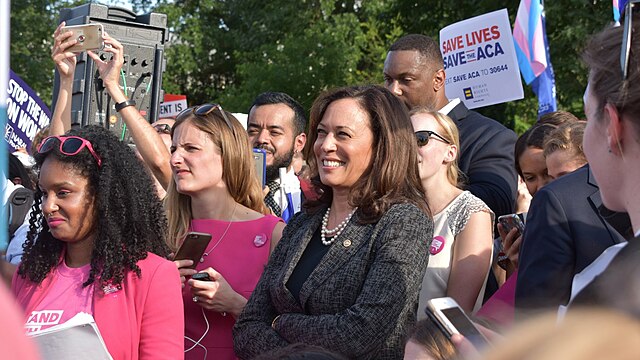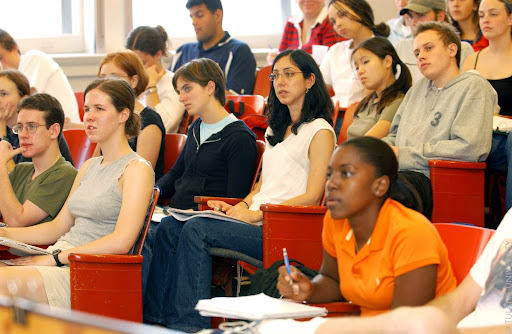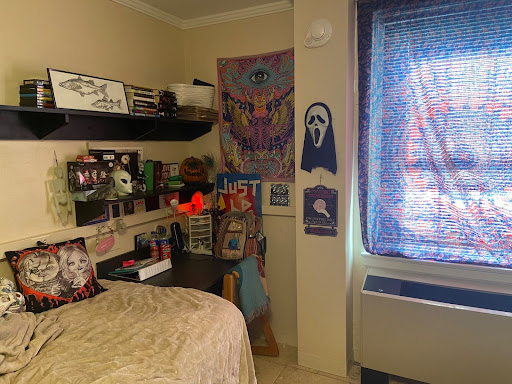I am writing this on November 3, a full 13 days after the Month of Resistance has ended and after the Die-In happened on our campus. I’m writing this because honestly, I am scared. I am scared that this will fade away and all the conversation, connections and building that happened will be forgotten. And we cannot afford to let that happen.
October 22 was different. Seeing so many students, faculty and staff come together, especially white community members come out to the patio to lie down gave me so much hope for this campus: one that feels so sleepy in its attention to things outside of the bubble. At Guilford, I think we do a wonderful job of referencing our activist past: we talk about Levi Coffin and the Underground Railroad tree, about Quakers and their resistance to war and violence, about professors who were integral in the integration of campus and the students who came to integrate our campus. However, these things all have one common thread: they are nothing more than talk about our past. The school we attend has been built on a history of people who stood up for what they believed, people who sacrificed, fighting for liberation and justice. And while it’s lovely that we can still talk about our past, how are we honoring it if we don’t continue the work our founders have started? How can we honor our past and keep this work going in the present in order to secure a better future for those who will come after us? We are envisioning many things for this movement, but to be real, the organizers of the Die In are seniors who are graduating in May. We cannot plan, organize and build by ourselves.
I have said it once, and I will say it again: this was not a moment, this is a movement. And it will take all of us, working together and standing in community with one another to keep it going.
I want to challenge you to do three things:
Realize that you hold infinite power and are not just one person. One person can do so much.
Harness that power and use it to make this community what you need it to be. Collaboration and coalition-building provide us with more resources, more knowledge and more power to make change. There is strength in numbers.
For marginalized folks on this campus, your voice, your story, your words are powerful and inherently valuable. It can be scary to raise your voice and speak up against injustice, but as Audre Lorde said, “it is better to speak / remembering we were never meant to survive.” What do we have to lose by exposing a system that was not designed for us? What do we have to gain by sharing our truths and making sure we are heard?
With love,
Chelsea










